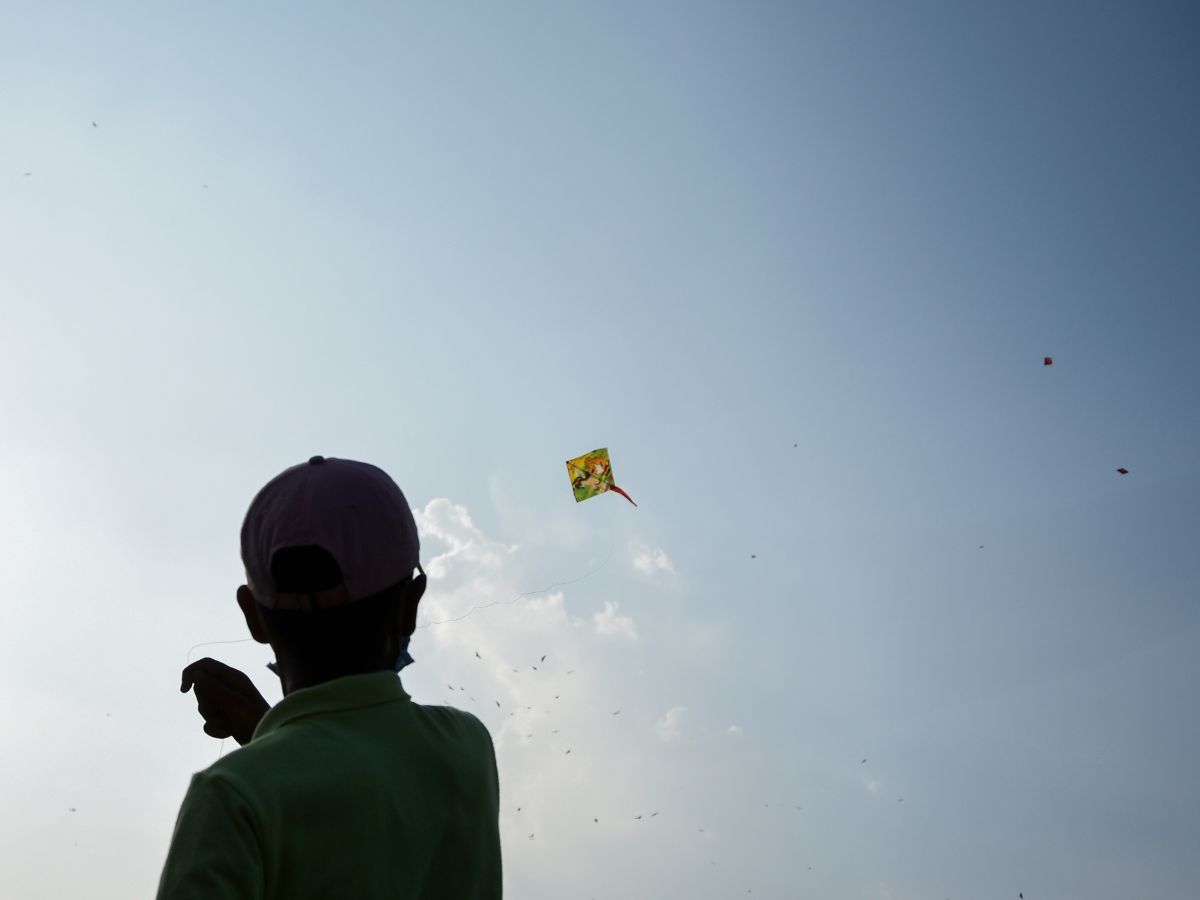With the kite-flying season gaining momentum, the Delhi Police has initiated a crackdown against those involved in the illegal sale of ‘Chinese Manjha.’ Chief Sanjay Arora emphasized the importance of consistent and deterrent action, citing the “unsatisfactory” seizure outcomes.
During the first two days of the operation, the police took legal action against 44 individuals and seized 120 rolls of Chinese Manjha in Delhi. This action was prompted by a tragic incident where a seven-year-old girl lost her life in west Delhi’s Paschim Vihar area after her throat was allegedly slit by a stray Chinese Manjha while riding a motorbike with her father.
Kite-flying is a traditional activity leading up to Independence Day, but it also leads to several injuries and fatalities each year. In 2017, the National Green Tribunal (NGT) had already banned Chinese Manjha in the national capital due to its risks to people and animals, cutting through their skin.
In February of this year, the Delhi High Court instructed the crime branch of the city police to investigate the manufacturing, sale, purchase, and storage of Chinese synthetic manjha in the markets and shops.
According to an action taken report issued by Delhi Police Commissioner Sanjay Arora, there has been some improvement in detecting Chinese Manjha. However, certain districts still struggled to detect its presence and the seizure of the banned material remained insufficient.
The police chief emphasized that along with seizures, investigations must be carried out to trace the source of the illegal items to make the crackdown meaningful. The progress on this front should be reported weekly, highlighting cases where the source was traced and the manufacturing setup was disrupted.
Uniformity in taking legal action is necessary as some police stations are registering FIRs under Section 188 IPC, while others are preparing Kalandras under Section 5/15 of the Environment (Protection) Act. It is important to ensure that wherever the manufacturing, sale, storage, purchase, and use of non-biodegradable threads like Chinese Manjha for kite flying are detected, appropriate legal action is taken by invoking the Environment (Protection) Act.
The report emphasized the need for sustained action to detect more cases and achieve better quality seizures to serve as deterrents in eradicating the use of Chinese Manjha for kite flying.
(With PTI inputs)





